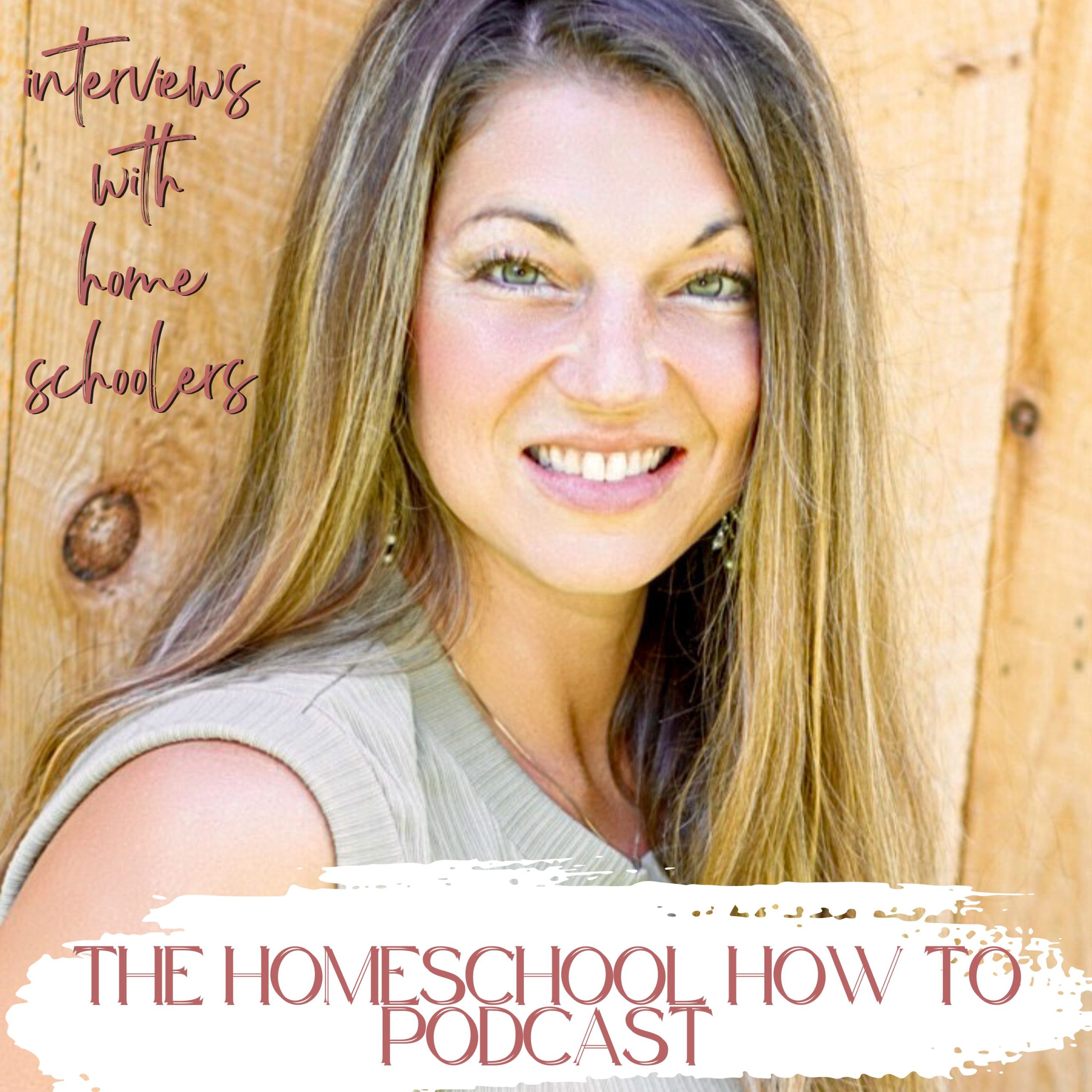Homeschooling thrives when curiosity leads and community sustains it. This conversation with veteran homeschooler and co-op founder Nicole moves beyond abstract ideals into practical rhythms that help families teach kids how to think, not what to think. Her story begins with a nature-first childhood, brief foray into public school, and a decisive return to home education after social turbulence. The lesson she carried forward is simple and powerful: when children learn how to learn—how to ask better questions, investigate sources, and test ideas—they gain a durable confidence that outlasts grades or standardized metrics. That mindset shapes everything from the books you pick to the ways you handle disagreement, both at the table and in the wider world.
A recurring theme is inquiry over indoctrination. Nicole challenges families to examine history and science narratives with intellectual humility, balancing core skills with open-ended exploration. That doesn’t mean tossing out literacy or numeracy; it means letting context and curiosity do the heavy lifting. She draws a line between foundational sciences like chemistry practice and contested claims often taught as settled fact. When presenting big topics—dinosaurs, cosmology, social movements—she offers competing interpretations, names uncertainty, and invites kids to weigh evidence. The goal isn’t cynicism; it’s discernment. Families who embrace this approach find that critical thinking becomes a daily habit, not a high-stakes performance on test day.
Technology and social media add a modern layer of complexity. Nicole sets clear boundaries—like one-hour daily phone limits—with transparent monitoring and conversations that frame why limits exist. The concern isn’t only time wasted but also mood swings, comparison loops, and exposure to unsafe chats attached to popular games. Homeschooling can reduce peer pressure to be always online, easing the burden on parents to “keep up.” Yet the solution isn’t isolation; it’s intentional culture. By building offline communities and hands-on routines, families replace dopamine scrolls with real projects and real friends. That swap powerfully supports mental health while preserving attention for deep work.
When academics stall, shift the medium, not the mission. Dyslexia led Nicole to try Waldorf schooling, then return to home-based learning with renewed respect for developmental pacing. She no longer pushes early reading at the expense of imagination. Instead, she layers skills into ordinary life: baking for ratios and reading, gardening for biology and journaling, animal care for responsibility and observation. Learning sticks when the hands move and the senses engage. This experiential approach turns chores into labs and hobbies into micro-enterprises, like her daughter’s budding baking business that teaches costing, marketing, and customer care alongside fractions and food science.
Community is the engine. Nicole co-founded a volunteer-powered cooperative that keeps fees low, invites local expertise, and scales opportunity through resource sharing. Families rotate teaching, host brain games to prime focus, and bring in guests for qigong, sprouting, and art shows. In Florida, a PEP scholarship can reimburse tutoring and enrichment, widening access to high-quality support without surrendering family autonomy. With growth has come vision: securing land for a schoolhouse, permaculture gardens, and student-run markets that teach entrepreneurship, supply chains, and service. The blueprint is replicable anywhere—start small, define a clear culture, and expand through trust and shared work.
Perhaps the most actionable takeaway is emotional regulation for parents. Nicole coaches caregivers to call “parent timeouts” when stress spikes, step outside for sunlight and breath, and return balanced rather than brittle. Over time, you learn to notice triggers earlier and reset with breathing or tapping before you snap. Kids internalize both the language and the model: emotions are signals, not orders. When a cooperative opens morning circles to all ages, practicing conflict skills and naming feelings, children gain social fluency without coddling. They learn boundaries, repair, and respect—tools as vital as algebra.
Homeschooling’s promise is not perfection; it’s presence. On hard days, Nicole reminds us that frustration at home is still lighter than outsourcing childhood to systems misaligned with family values. If you’re on the fence, start with one step: a weekly nature walk tied to a field journal, a baking day with measured conversions, or a community meet-up that shares the load. Build from what sparks joy. Layer skills into real life. Protect attention. Invite help. And remember the long game: a young adult who knows how to learn, how to live with others, and how to lead their own life with curiosity and courage.
